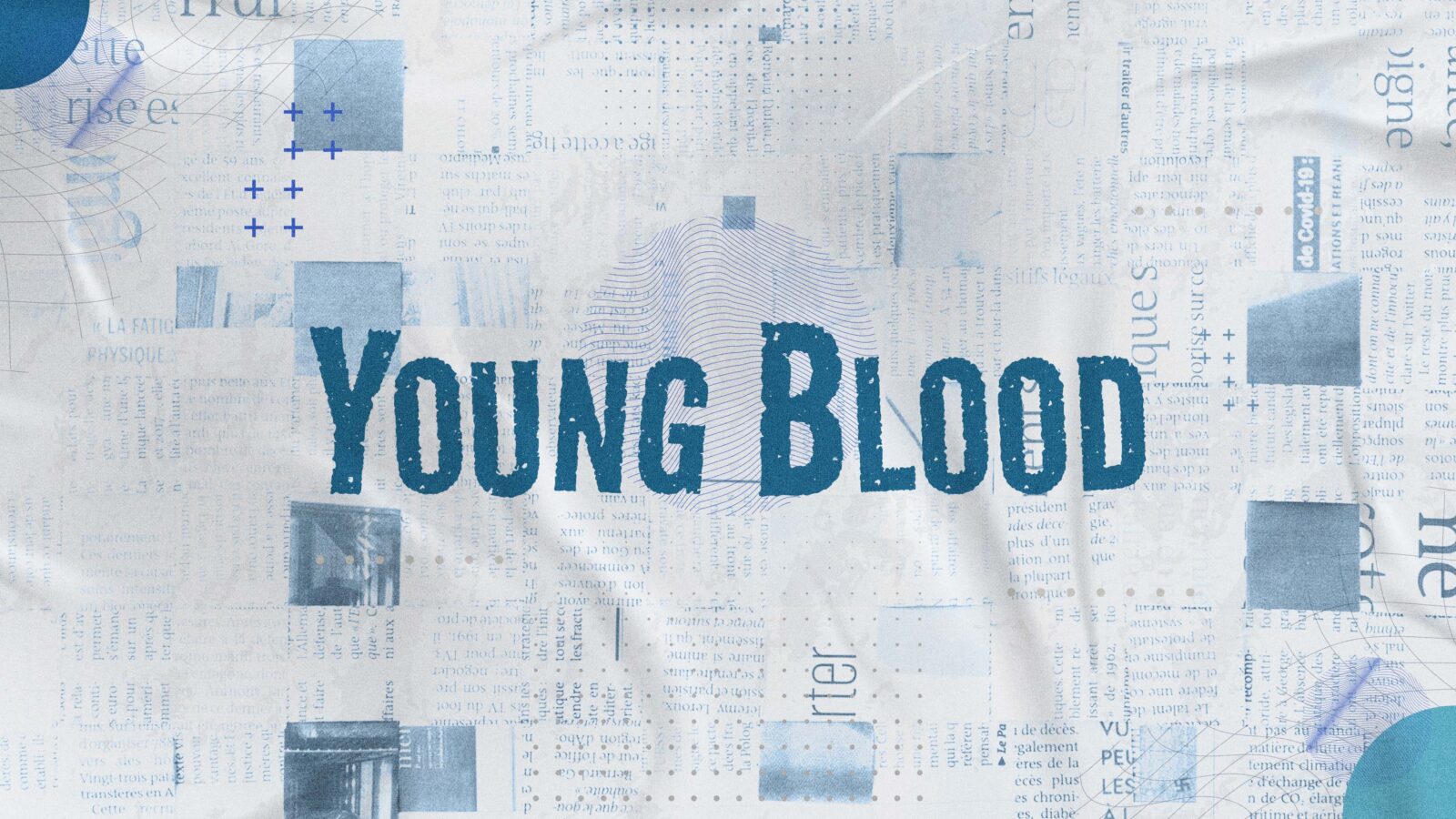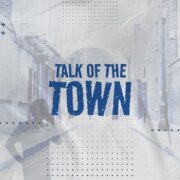The crusty end of a loaf of bread

My mom would always buy a loaf of bread every weekend. A fresh one, still packed neatly in its plastic casing, promising a week’s worth of breakfast and merienda. Sometimes, we had ube jam to spread on it. Sometimes, peanut butter—the kind that sticks to the roof of your mouth and makes you talk funny. But most of the time, it was just plain ol’ bread.
Mom had a way of calling us to eat that could shake the walls. “Agmeryendan! Mekayon!” she’d yell, and instantly, my siblings would come stampeding from different corners of the house like prehistoric beasts. T. rexes with tiny arms grabbing at the pack, Pterodactyls swooping in to steal a piece before anyone could react. It was chaos, chaos over a loaf of bread.
And yet, despite the frenzy, there was always one piece left behind. One piece that, no matter how hungry we were, no one ever chose.
The crusty end.
It sat there proudly, golden brown, its crust crisp and unyielding. If bread had personalities, the crusty end would be the noble knight, standing firm against the test of time, the first to protect the soft, vulnerable pieces in the middle. It had structure. It had resilience. It had character.
But no one wanted it.
Because it was tough. It wasn’t as soft, wasn’t as easy to eat. It took effort to chew. It didn’t soak up peanut butter as well, and it definitely didn’t hold the sweet promise of the center slices. So we’d grab the ones we wanted, leaving it alone, untouched. This happened every time, every weekend, every loaf. The crusty end was always first in line but last to be chosen. And somehow, over the years, I started to understand what that felt like.
I never really thought much about that piece of bread until I got older. It was just a silly thing we ignored, like how we always skipped the first page of a notebook or left the last sip of a drink unfinished. But life has a way of making you see yourself in the things you once overlooked.
At some point, I started to feel like that crusty end.
It started small, being picked last in P.E., the way some people looked past me in conversations, like I was just there but not important enough to be noticed. It was in the way I’d hear my name in group projects only when there was work to be divided, never when laughter was shared.
It was in friendships that never deepened, in invitations that never came, in the way I’d walk into a room and feel like I took up space rather than belonged. It was in the quiet moments when I wondered, if I had been a little softer, a little easier to take in, would things have been different? People like the middle slices. The ones that fit in easily, the ones that blend well, the ones that don’t take effort to love. The crusty ends? They get left behind.
The funny thing about being overlooked is that it teaches you to observe. When you’re not the center of attention, you start noticing things—like how people’s faces change when they think no one’s watching, or how the world moves in quiet, unnoticed rhythms. You see the way someone taps their fingers when they’re nervous, the way a person’s voice softens when they talk about something they love.
And you learn, slowly, that being on the sidelines isn’t always a bad thing.
Because while everyone fights over the easy, soft parts, the crusty end remains. And in time, it finds its own place, its own way of being needed. Maybe it doesn’t get chosen first. Maybe it doesn’t get chosen at all. But it has a purpose. It holds the loaf together. It keeps everything from falling apart.
And maybe, just maybe, that’s enough.
One day, my mother bought a loaf of bread as usual. She set it on the table, yelled her familiar battle cry, and my siblings came running like wild animals. As expected, the chaos began. The pack was ripped open, hands reached in, and the bread was divided. And as always, the crusty end sat there. But this time, I picked it up. It wasn’t that bad, really. Sure, it was a little tougher, a little harder to chew. But it had substance. It had character. It had been there all along, quietly doing its job, never asking for praise.
So I took a bite.
And to my surprise, I liked it.
Well. Almost.
Maybe next time, I’d toast it first.
—————-
Marco Jae Denniell, 19, is a sophomore from Ilocos Norte studying communication. He has a keen interest in storytelling and finds meaning in life’s overlooked moments.

















